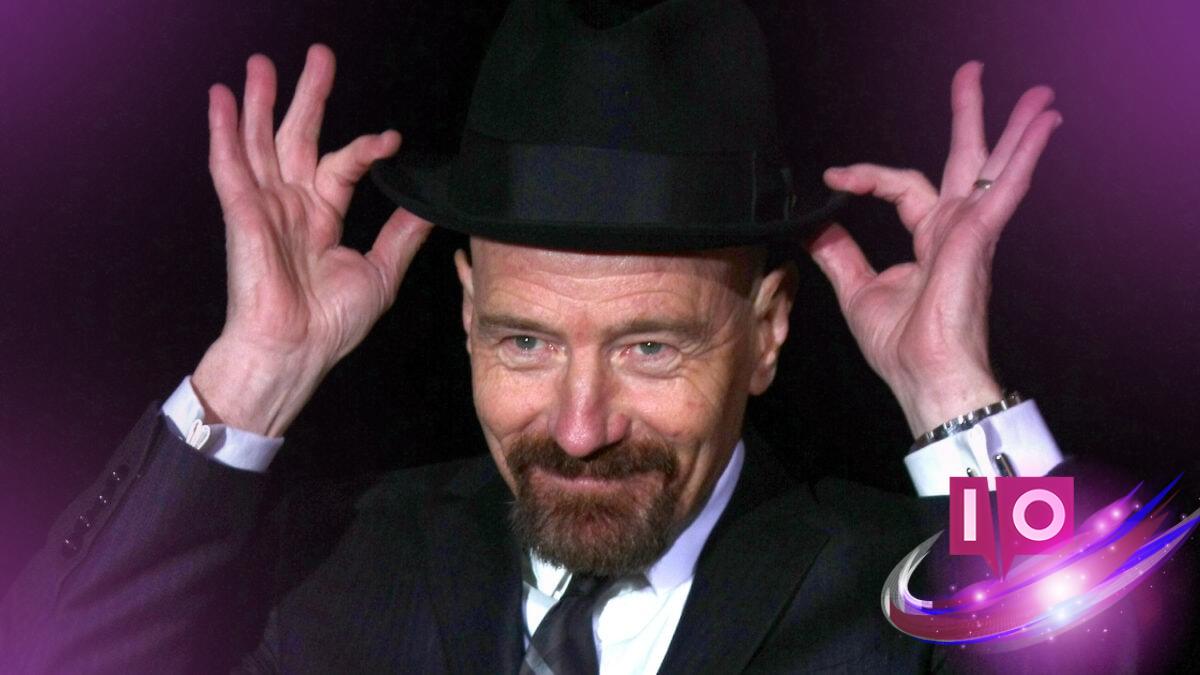As the digital landscape evolves, the intersection of technology and creativity is increasingly becoming a topic of debate. Recently, the limited public release of OpenAI’s new video generator, Sora 2, sparked significant discussion when unsettling videos featuring Bryan Cranston surfaced online. These clips showcased Cranston’s likeness and voice, often in his iconic role as Walter White from Breaking Bad. The reaction from the actor was not one of indifference; he promptly contacted his union, SAG-AFTRA, expressing his concerns.
OpenAI has since addressed these concerns, bringing Cranston to publicly thank the company for its responsive actions. Initially, he expressed his worries, stating, “I was deeply concerned not just for myself, but for all performers whose work and identity can be misused in this way.”
One particular video that raised eyebrows featured Cranston alongside the late Michael Jackson, announcing their unexpected friendship in a strip mall parking lot, which many found troubling.
Additionally, a more elaborate fan fiction video set during the Vietnam War caught attention, further demonstrating the broad uses of AI-generated content, which can elicit mixed feelings among creators and audiences alike.
Breaking Bad – I Am The Napalm (Parody Music Video)#ai #breakingbad #Memes #sora#sora2 pic.twitter.com/bt59hKqK0t
— Saga Lore AI (@Sagaloreai) October 7, 2025
On October 8, Cranston’s agency released a pointed statement regarding Sora 2, raising critical questions about the treatment of creators in the AI landscape. They asked whether OpenAI recognizes the rights of artists and performers or if it disregards them entirely. The determination of fair compensation and credit for human creativity remains at stake.
However, following Cranston’s acknowledgment of improvements made by OpenAI, he recently expressed gratitude for the company’s efforts in tightening its policies around the unauthorized use of voice and likeness. OpenAI and SAG-AFTRA, along with other talent associations, issued a joint statement confirming these advancements, emphasizing the importance of obtaining consent before the use of someone’s likeness.
Sam Altman, CEO of OpenAI, has also shared insights about their evolving copyright policies. He highlighted plans for greater control for rightsholders over character generation, aiming to support content creators better and ensure they see some financial benefit from the new technologies.
As a content consumer or creator, you might wonder: How does AI-generated content affect copyright laws? AI-generated works inherently challenge traditional copyright frameworks, making it essential for regulatory bodies to adapt swiftly.
If I want to create my own AI-generated videos, what do I need to consider? Understanding the laws surrounding intellectual property and ensuring you have the necessary rights for any content you use will be crucial in this rapidly changing landscape.
Are there ethical concerns about using AI in creative industries? Many artists and creators are understandably worried about the potential for misuse and lack of credit or compensation for original works in an era where AI can mimic their style and voice.
How can creators protect themselves in an AI-driven world? Establishing clear agreements and understanding the legal implications of using AI tools will be key for safeguarding artists’ rights and interests.
If you’re interested in the nuances of AI technology and its impact on creativity, stay tuned for more updates. Exploring this topic can lead to a deeper understanding of how to navigate both the challenges and opportunities presented by emerging technologies. Check out more at Moyens I/O.
